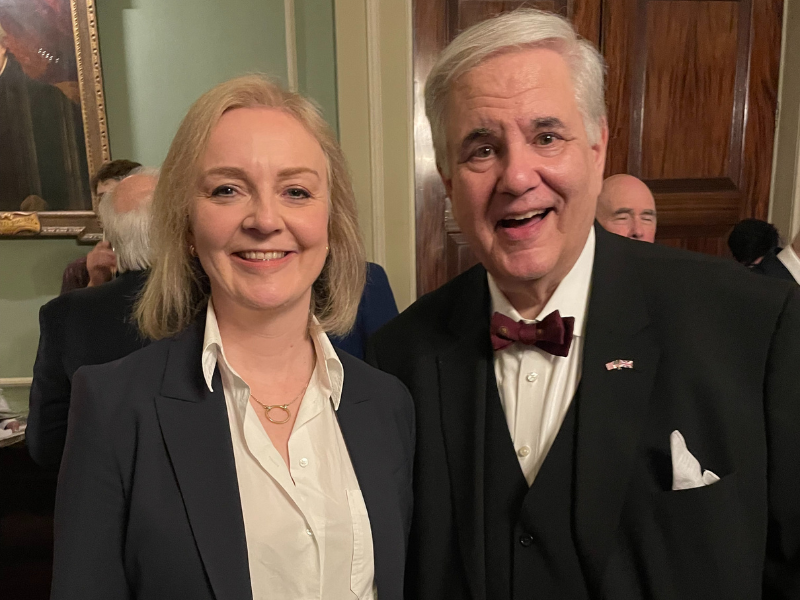More than a few Americans consider telemarketers, phone text spammers, and assorted other marketing riffraff as huge sources of annoyance. Sure, telemarketers are a pain to most people, but the federal government’s crackdown on them shows just how powerful government’s job-killing ability really is.
When the Federal Communications Commission (FCC) announced recently it would impose new limits on computerized “robocalls,” unsolicited mobile phone texts, and a variety of other telemarketing outreach, the reactions around water coolers, on blogs, and in newspaper editorial pages was overwhelmingly positive. All previous crackdowns on telemarketing claim similar popularity. Consider that when a 2004 court ruling blocked the implementation of a national do-not-call list, overwhelming bipartisan majorities in both houses of Congress rushed to undo the court’s decision with an urgency usually reserved for national emergencies.
For all this hullabaloo, however, one thing is clear: The new telemarketing regulations represent the ongoing tension between doing what’s popular and fostering job creation.
Destroyed Thousands of Jobs
The implementation of the national do-not-call registry, the last big restriction on telemarketers, ended a once-sizeable commercial “outbound” telemarketing industry and destroyed thousands of jobs. In 2003, before the do-not-call list went into force, the Bureau of Labor Statistics reports about 405,000 people worked as telemarketers. Today, even with telemarketing ranks growing a bit—probably because the coming elections require armies of political fundraisers who are exempt from do-not-call-laws—there are only a few over 285,000 people working as telemarketers.
The steepest part of the decline happened right after the do-not-call list went into effect. In fact, the correlation between the regulation and losses of jobs is perhaps the clearest of any regulation-related job loss record. Most of the time, job losses stemming from poorly conceived government regulations happen when an accumulation of new rules squeeze business owners’ return on investment, not because a particular new regulation outright bans something. No matter how burdensome or silly regulations become, the overwhelming majority of business owners will try to figure out some way of working within the legal strictures imposed on them.
The point isn’t that all regulations always hurt the economy or even that the new telemarketing restrictions are necessarily a bad thing. Instead, it’s that even the most popular and well-intentioned efforts to restrict the activities of private business can have very real costs. In the current case, it’s reasonable to expect thousands of people now working as telemarketers will lose their livelihoods when the latest FCC restrictions on telemarketers go into force.
Real, Quantifiable Costs
This state of affairs doesn’t lend itself to the sort of clear, straightforward rules that make for good television sound-bites. Sometimes a regulation that destroys jobs might be justified; if, for example, it prevents serious crimes—banking regulations that deprive terrorists of funding are a good example of this. In other cases, a regulation can be the best way of preventing something—such as pollution—that benefits a few while hurting everyone else. Some particularly smart regulations—such as state laws that standardize certain parts of insurance policies so that individuals without law school training can buy and sell sophisticated risk transfer contracts—are undoubtedly good for the economy overall.
However, none of these regulations, even those with net benefits, are entirely free. All impose real costs in freedom, and many cost jobs. All regulations—even the very best intentioned, most popular, and most beneficial ones—have real, quantifiable costs that policymakers on both sides of the aisle must keep in mind whenever they consider imposing them.
Eli Lehrer ([email protected]) is vice president of Washington, DC operations for The Heartland Institute and national director of its Center on Finance, Insurance, and Real Estate.




